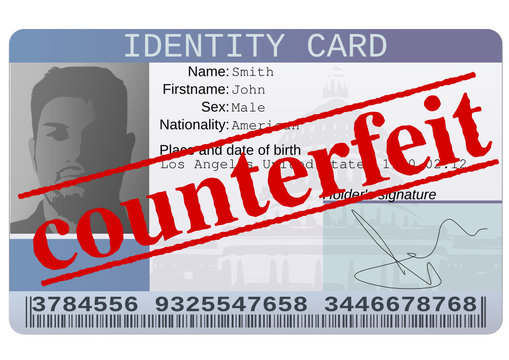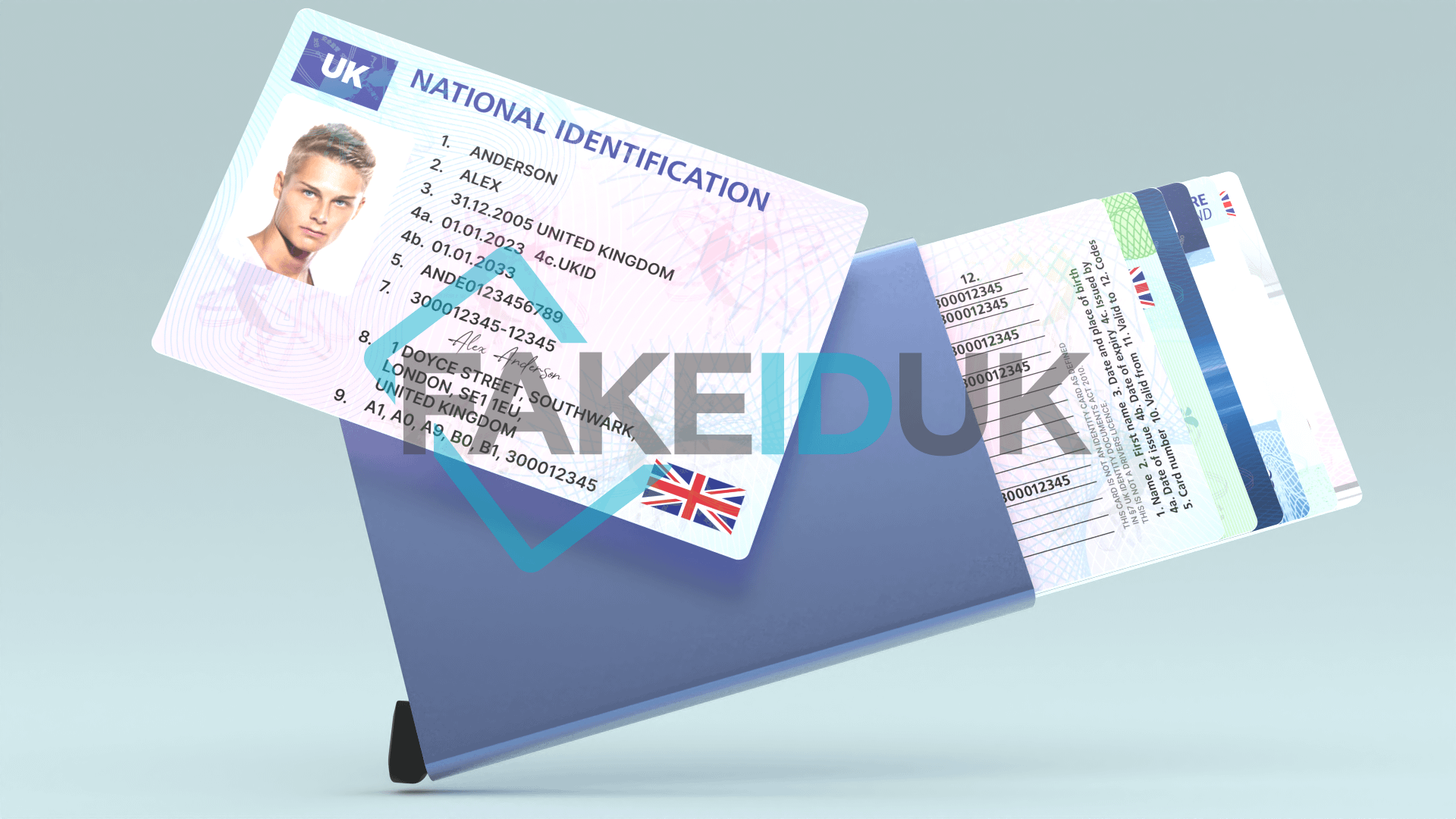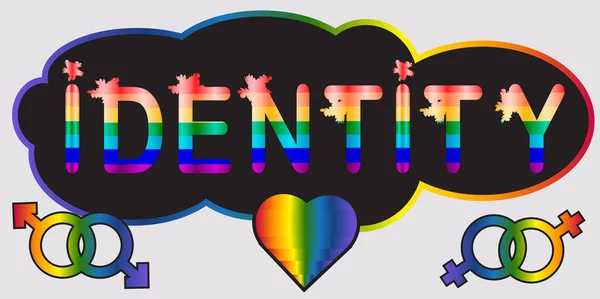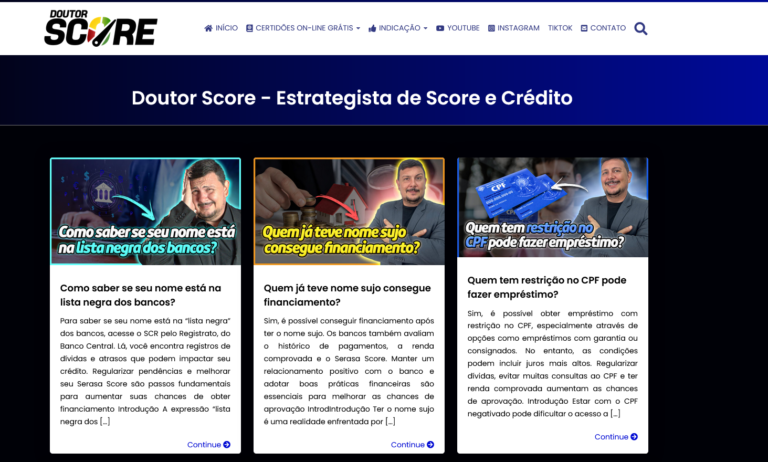Is a Fake ID a Felony
“Is a Fake ID a Felony” The world of fake identification has long been a source of intrigue and controversy, with individuals seeking to circumvent age restrictions and gain access to activities or venues reserved for those older than their actual age. The use of fake IDs, however, is not merely a matter of bending the rules; it often brings individuals face to face with the legal consequences of their actions. In this comprehensive exploration, we delve into the intricate legal landscape surrounding fake IDs, aiming to answer a pivotal question: Is the use of a fake ID typically considered a misdemeanor or a felony?
The Nature of Fake IDs

Before we embark on dissecting the legal implications, it’s essential to understand what constitutes a fake ID. Broadly speaking, a fake ID is any form of identification—such as driver’s licenses, passports, or government-issued identification cards—that has been altered, forged, or falsified to misrepresent the identity of the bearer. The creation, possession, and use of such fraudulent documents are universally condemned due to the potential for misuse and the inherent threat to public safety and order.
Misdemeanor or Felony: Legal Perspectives

The classification of using a fake ID hinges on a multitude of factors, presenting a nuanced picture of the legal consequences that individuals may face. Jurisdictional variations, the intent behind obtaining or using a fake ID, and the specific actions taken all play pivotal roles in determining whether the offense is deemed a misdemeanor or a felony.
- Jurisdictional Disparities: The legal landscape surrounding fake IDs is far from uniform. Laws differ significantly from one jurisdiction to another, with some regions adopting a more lenient stance, treating the offense as a misdemeanor, while others opt for a stricter approach, categorizing it as a felony. Understanding the legal framework in a specific jurisdiction is paramount for individuals navigating these murky waters.
- Intent Matters: Courts often scrutinize the intent behind the use of a fake ID. If an individual acquires or uses a fake ID with the sole purpose of gaining access to age-restricted venues without any malicious intent, the offense may be treated less severely. On the other hand, if the intent involves committing fraud, engaging in criminal activities, or posing a threat to public safety, the legal consequences can escalate to felony charges.

- Criminal History and Repeat Offenses: An individual’s criminal history is another crucial factor influencing the severity of punishment. Repeat offenders or those with a track record of more serious crimes may find themselves facing harsher consequences. The legal system often considers the use of a fake ID within the broader context of an individual’s criminal background.
- Aggravating Circumstances: The presence of aggravating circumstances can tilt the scale towards felony charges. If a fake ID is employed to facilitate more serious offenses such as identity theft, purchasing firearms, or engaging in acts of terrorism, the legal repercussions can be notably severe.
- Gradation of Offenses: Some jurisdictions categorize offenses into different classes, with the severity of punishment escalating based on the nature of the offense. In such cases, the mere possession of a fake ID for personal use may be treated as a lower-level offense (misdemeanor), while using a fake ID to commit a more serious crime could be classified as a higher-level offense (felony).
Navigating Legal Consequences

Understanding the potential legal consequences of using a fake ID is essential for individuals who find themselves entangled in this complex web. Misdemeanor charges often come with lighter penalties, such as fines, probation, community service, or a brief jail sentence. These consequences are designed to serve as deterrents while allowing individuals an opportunity for rehabilitation.
On the other hand, felony charges carry more severe penalties, including substantial fines, longer prison sentences, and a lasting impact on an individual’s criminal record. The repercussions extend beyond the immediate legal consequences, potentially affecting employment opportunities, educational pursuits, and various aspects of one’s personal and professional life.
Conclusion
In conclusion, the question of whether the use of a fake ID is considered a misdemeanor or a felony is not a straightforward matter. It is a multifaceted issue that requires careful consideration of jurisdictional nuances, individual intent, and the specific circumstances surrounding the offense. Individuals must be cognizant of the laws in their jurisdiction and the potential consequences associated with the creation, possession, or use of fake IDs.
As legal systems continue to evolve, the ramifications of using fake IDs may undergo changes, necessitating ongoing awareness and adaptation. Ultimately, navigating the legal maze surrounding fake IDs requires a combination of legal knowledge, personal responsibility, and an understanding of the potential consequences that extend far beyond the immediate act of using a fraudulent identification document.



